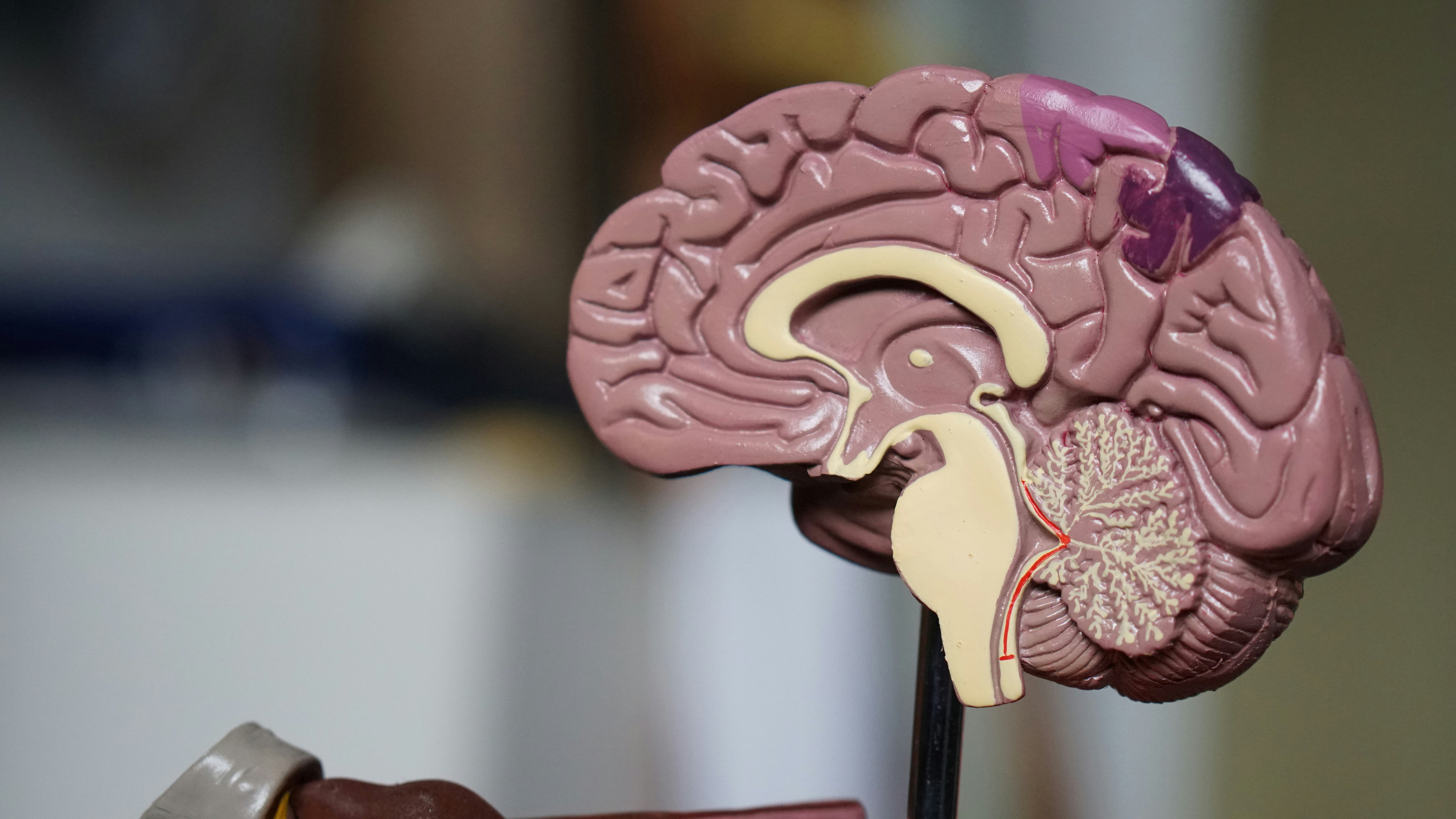Therapeutic Benefits of Miniature Donkey Companionship
The world of animal-assisted therapy continues to evolve, with various species proving their worth as emotional support animals. Among these therapeutic companions, miniature donkeys are emerging as remarkable healers, offering unique benefits that extend beyond what traditional therapy animals provide. Their gentle nature, cognitive abilities, and historical connection to human civilization make them fascinating subjects for exploring the expanding frontier of animal-assisted interventions.

The Remarkable World of Miniature Donkeys
Miniature donkeys, standing no taller than 36 inches at the withers, originate from the Mediterranean islands of Sicily and Sardinia, where they were bred for centuries to work in olive groves and vineyards. Their diminutive stature belies their tremendous strength and endurance. Unlike their standard-sized relatives, these miniature equines have adapted to closer human interaction, developing heightened sensitivity to human emotions. Their history as working animals has instilled in them patience and perseverance—traits that translate remarkably well to therapeutic settings. Archaeological evidence suggests humans have maintained special relationships with donkeys for over 5,000 years, with miniatures being selectively bred for their manageable size and docile temperament. Today’s therapeutic miniature donkeys carry this ancient legacy of human-animal partnership, combining it with modern understandings of emotional support.
Emotional Intelligence Beyond Expectations
What sets miniature donkeys apart in the realm of therapy animals is their exceptional emotional intelligence. Research conducted at several equine behavior centers has documented these animals’ ability to sense and respond to human emotional states. Unlike horses, which tend to mirror human emotions, miniature donkeys often display what researchers term “complementary emotional responses”—offering calm steadiness when humans exhibit anxiety, or playful engagement when sensing depression. This emotional discernment makes them particularly effective for individuals with anxiety disorders, PTSD, or emotional regulation challenges. Their brains process emotional signals differently than other equines, with enhanced development in the limbic system regions responsible for emotional processing. Therapy programs utilizing miniature donkeys report significant breakthroughs with patients who previously showed limited response to traditional interventions, suggesting these animals possess unique capabilities for emotional connection.
Specialized Programs and Success Stories
Therapeutic miniature donkey programs have expanded dramatically in the past decade, with specialized applications emerging across different populations. Programs focused on at-risk youth show particular promise, with organizations like “Small Hooves, Big Hearts” in Colorado reporting 62% improvement in behavioral measures among participants. Senior care facilities implementing regular miniature donkey visits document reduced need for anti-anxiety medications and improved social engagement among residents with dementia. Veterans’ rehabilitation programs utilize these animals for both emotional support and physical therapy, as the animals’ size makes them ideal walking companions for those recovering from injuries. One remarkable case study involves a non-verbal autistic child who spoke his first words while interacting with a therapy donkey named Pebbles at a specialized ranch in New Mexico. These programs typically involve weekly or bi-weekly structured interactions costing facilities between $150-300 per visit, though many operate on sliding scales or through grant funding to ensure accessibility.
Physiological Benefits and Scientific Evidence
The therapeutic effects of miniature donkey interactions extend beyond emotional well-being into measurable physiological benefits. Recent studies measuring cortisol levels before and after donkey therapy sessions show average decreases of 27% in this stress hormone. Blood pressure monitoring during interactions reveals significant reductions, comparable to those achieved through meditation practices. Furthermore, the physical activity involved in grooming, walking with, and caring for these animals provides mild exercise that benefits cardiovascular health without overwhelming individuals with limited mobility. Research published in the Journal of Alternative Animal Therapy documented increased oxytocin production—the hormone associated with bonding and trust—following just 15 minutes of miniature donkey interaction. These physiological changes help explain why participants report lasting mood improvements extending days beyond their animal encounters. The tactile experience of stroking the animals’ distinct coat texture—described as softer than horse hair but more substantial than pet fur—also stimulates beneficial sensory processing pathways, particularly valuable for individuals with sensory integration disorders.
Ethical Considerations and Animal Welfare
As miniature donkey therapy grows in popularity, the animal welfare community has developed comprehensive standards to ensure these programs benefit both humans and animals. Ethical guidelines now limit working sessions to 2-4 hours with mandatory rest periods, recognizing that therapeutic work requires significant mental energy from the animals. Training for therapy donkeys emphasizes positive reinforcement methods rather than traditional dominance-based approaches historically used with equines. Certification programs for therapy donkeys and their handlers now exist in multiple countries, with standardized evaluations covering temperament, training level, and stress responses. Proper care for these therapy animals typically costs owners between $1,200-2,000 annually for basic needs, with specialized therapy training adding approximately $800-1,500 to initial costs. Responsible programs continuously monitor the animals for signs of stress or fatigue, employing behavioral specialists to ensure the donkeys’ wellbeing remains paramount. This ethical foundation has been crucial in establishing miniature donkey therapy as a respected intervention rather than a passing trend.
Implementation Challenges and Future Directions
Despite growing evidence supporting their therapeutic value, implementing miniature donkey programs faces several challenges. Zoning regulations often restrict livestock in areas where therapy services are most needed, requiring creative partnerships with existing agricultural properties. Insurance considerations present another hurdle, though specialized policies for animal therapy programs have become more accessible, typically ranging from $500-1,200 annually depending on scope. Transportation logistics for bringing donkeys to facilities requires specialized equipment and trained handlers. The field continues evolving through innovative solutions like “therapy barnyard” models where multiple facilities share resources to maintain the animals, reducing individual costs while maximizing accessibility. Researchers are currently exploring technology-assisted options, including virtual reality experiences paired with in-person donkey therapy to extend benefits between sessions. As interest grows, several universities have initiated dedicated research programs investigating the specific mechanisms behind the “donkey difference” in therapy contexts, promising more evidence-based applications in coming years.





